Instead of Bishkek, NATO's representative office in Central Asia will open in Tashkent.
In Bishkek, it is understood that a strong tilt and preference for only one vector of influence can provoke a negative reaction from competing forces in the region. Hence, there is a desire to secure support not only within the CSTO (supervised by Moscow) but also the SCO (a Beijing project), as well as the North Atlantic Alliance, effectively led by Washington.
The Armed Forces of the Kyrgyz Republic currently employ various models of military construction, modernization of the armed forces, command management at the staff level, and overall development. The paradigm of reforms in this area uniquely correlates with proposals from various allies. We can receive our arsenal from Russia, train special forces with the help of Turkish instructors, receive equipment from representatives of the People's Liberation Army of China, and conduct search and rescue operations under the control of the Pentagon.
One vivid example is the joint large-scale 5-day exercises with the Americans in the village of Sadovoe in the Chui region, aimed at repelling a possible invasion by militants and responding quickly to emergencies. The scenario is similar to the peacekeeping actions of the UN "blue helmets" and is conducted at the State Center for Training Rescuers of the Ministry of Emergency Situations of the Kyrgyz Republic.
In addition to our military personnel, the event involves officers from the U.S. Central Command, fighters and specialists from the National Guards of Montana, Wisconsin, and West Virginia, as well as the 3rd Command of the Army Medical Reserve and a search and rescue team from Utah. In total, there are more than 40 overseas moderators and over 285 representatives from the Kyrgyz side.
Tomorrow morning, in the presence of U.S. Ambassador Pamela Spratlen, personnel in khaki will set up a field hospital, repel attacks from jihadists, free hostages from captivity, respond promptly to chemical contamination factors, and rescue people during a building collapse.
At the same time, Kyrgyz security forces are also eager to participate in CSTO training under the auspices of the Collective Security Treaty Organization and in exercises of the Shanghai Cooperation Organization member states. Several are planned for this year.
In the modern world, it is becoming increasingly difficult for Kyrgyzstan to take a step towards a final verdict. Nevertheless, sometimes official Bishkek demonstrates a certain principled stance in its relations with dominant players.
Here is an eloquent example of this.
Literally tomorrow, the North Atlantic military bloc will open its representative office in the capital of Uzbekistan. Although earlier, in 2004, NATO planned to establish its regional headquarters not in Tashkent, but precisely in Bishkek.
According to then-NATO Assistant Secretary General Jean Fournet, who was on an official visit to our republic, in addition to developing the well-known "Partnership for Peace" program, economic and other orientations were not excluded.
- We pay great attention to so-called soft diplomacy, - Fournet stated at that time. - Its concept includes programs for environmental security, support for science, and civil society.
So the "Partnership..." project continues to develop successfully in the Kyrgyz Republic to this day. As does the model of the "Virtual Silk Road," support for seismologists, language training seminars, courses for retired officers, etc.
However, it is one thing to simply implement these NATO projects in the field of science and other areas, and quite another to provide a platform for the permanent placement of a military-political center, from where NATO could not only control but also influence processes in the Kyrgyz Republic and throughout Central Asia!
As a result, the proposal from Brussels was gently but firmly rejected by Bishkek. And now NATO officials, having tried many other options, have decided to act from Tashkent.
By the way, the leadership of Kyrgyzstan previously rejected another proposal from the Alliance - to agree to move the NATO Liaison Officer's Office from the capital of Kazakhstan, Astana, to Bishkek. Although initially, on April 18, 2011, a resolution of the Government of the Kyrgyz Republic approved and sent to the Jogorku Kenesh the draft Law "On the Ratification of the Response Letter from the Minister of Defense dated February 24, 2010 No. 10/297 to the letter of the Secretary General of the North Atlantic Treaty Organization dated February 18, 2010 SG(2010)0102, which together form the Agreement between the Government and the North Atlantic Treaty Organization on the status of the liaison officer and interaction with NATO - the "Partnership for Peace" program on the territory of Kyrgyzstan."
NATO did not succeed this time either…
Undoubtedly, the leadership of Kyrgyzstan will continue to be quite flexible in its relations with international blocs and alliances. But it is important that in the desire to please key partners while maintaining its dignity, it does not forget that the interests of its country, its multinational people, and our entire society should always come first, rather than pseudo-geopolitical calculations and some global "strategic plans."
Isn't that so?
Alim Ayumov
Read also:
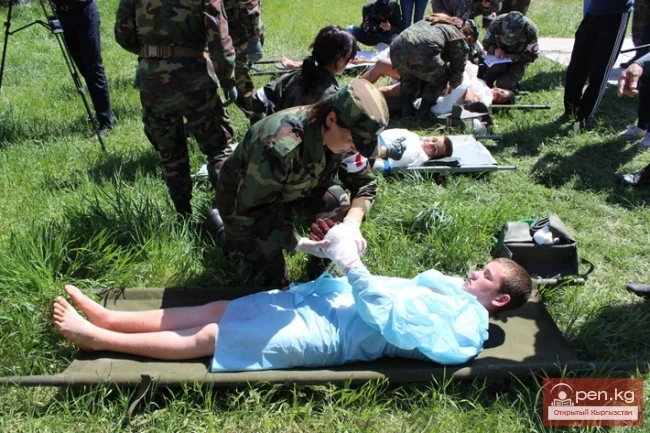
Joint Exercises of the USA and Kyrgyzstan
In Kyrgyzstan, tactical-special exercises were held involving the country's law enforcement...
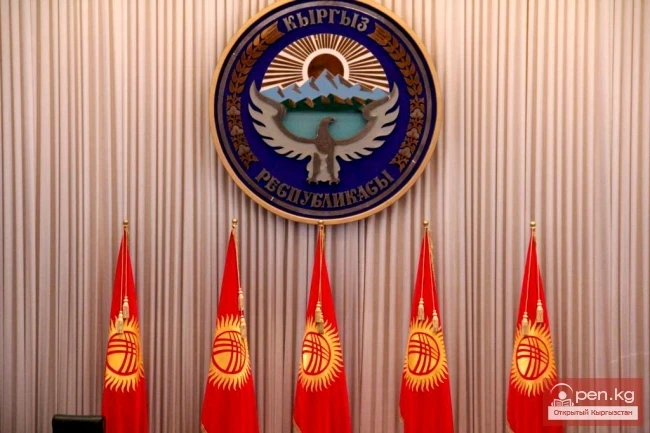
Kyrgyzstan - International Security Organizations
Kyrgyzstan — SCO...
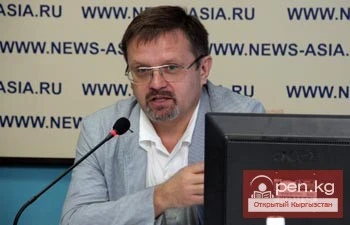
Vadim Kozyulin: "CSTO and SCO are Capable of Countering Threats Such as ISIS"
“ISIS has found a way to the hearts of the younger generation and has elevated terrorism to a new...
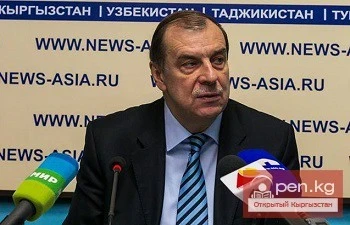
CSTO Ready for ISIS Invasion
ODKB has prepared for a possible invasion of ISIS forces on the southern borders. This was stated...
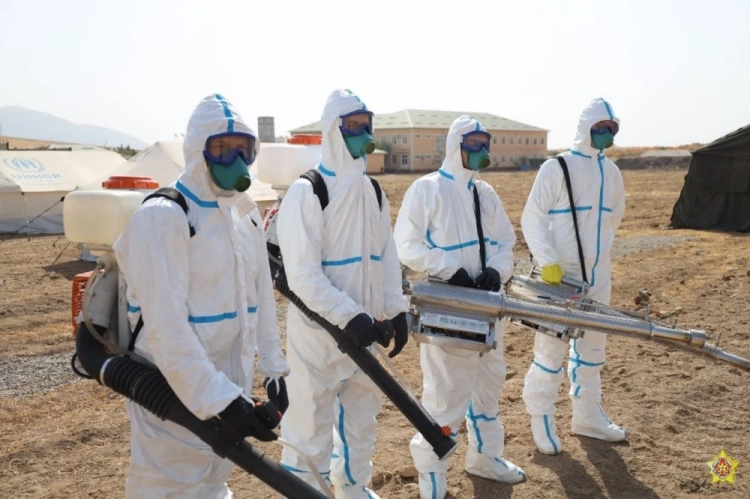
Units of the NBC troops have begun exercises of the CSTO "Barrier-2025"
Joint training of the CBRN units has begun as part of the "Barrier-2025" exercise...
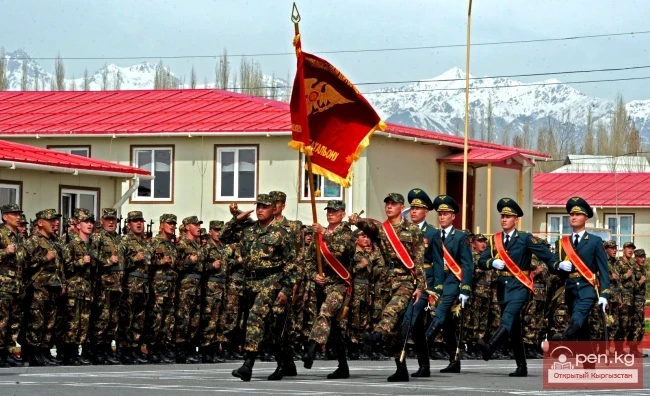
Foreign Policy Aspects of Ensuring the Military Security of the Kyrgyz Republic
The insufficiency of military means to ensure external security is something Kyrgyzstan tries to...

The USA is amassing forces off the coast of Venezuela — what is Trump planning?
Last week, three B-52 strategic bombers took off from Barksdale Air Force Base in Louisiana,...

Planning of Military Construction in the Kyrgyz Republic
The invasion of illegal armed formations of the Islamic Movement of Uzbekistan into the southern...
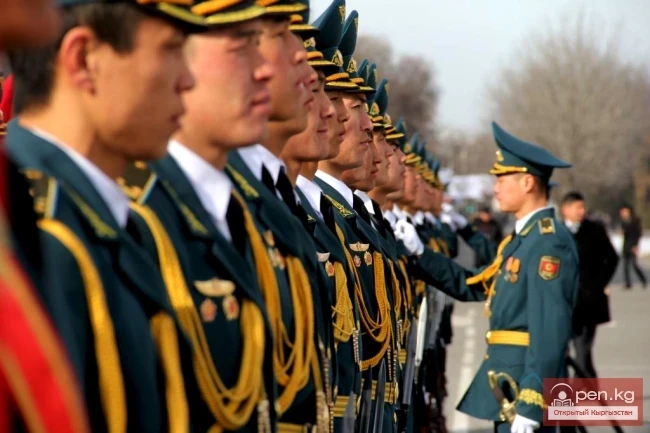
Legislative Foundations for the Creation and Functioning of the Military Security Assurance System of the Kyrgyz Republic
Not considering any state or coalition of states as its adversary, and opposing the use of...
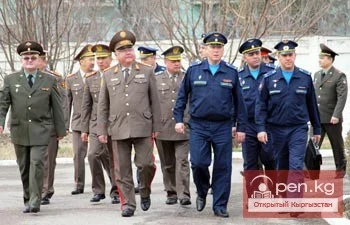
A delegation from the Ministry of Defense of the Kyrgyz Republic visited the Russian aviation base of the CSTO "Kant"
Today, March 2, a delegation from the Ministry of Defense of the Kyrgyz Republic, headed by Deputy...
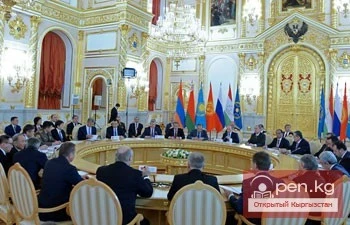
The CSTO Summit showed that the Russian Federation has far fewer real allies than on paper.
Last Monday, December 21, a regular CSTO summit took place in Moscow, dedicated to security and...

Kyrgyzstan — European Union
The development of relations between Kyrgyzstan and European countries opens the way for...
A Multilateral Dialogue on Combating Transport Air Pollution is Taking Place in Bishkek
On October 21, a multilateral dialogue was held in Bishkek dedicated to issues related to combating...
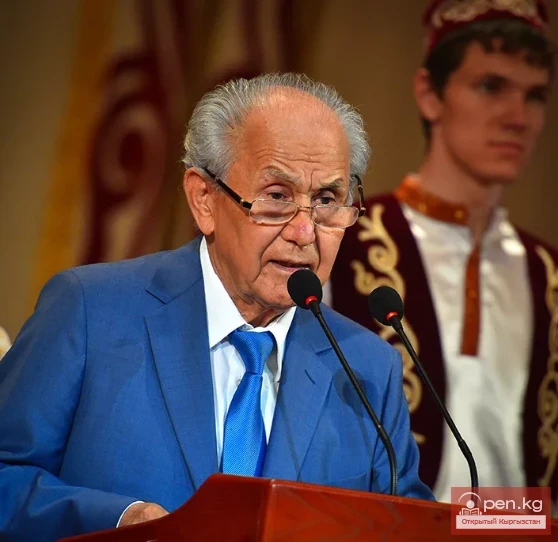
Apas Dzhumagulov on Kyrgyz Women
Apas Jumagulov on Kyrgyz Women The history of the development of world civilization is largely the...
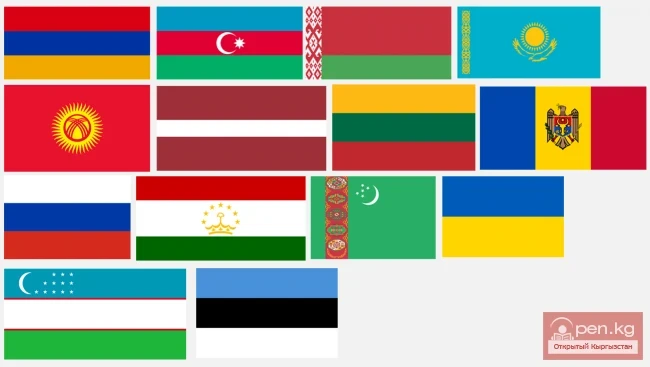
The Foreign Policy of Kyrgyzstan
Kyrgyzstan is a state in the Central Asian region, whose location has significant geopolitical and...

Interim Results of John Kerry's Visit to Central Asia
U.S. Secretary of State John Kerry is concluding his Central Asian tour this week, having visited...

The Batken Crisis of 1999-2000 as an Indicator of the State of Security Potential
The invasion of illegal armed formations of the Islamic Movement of Uzbekistan into the southern...
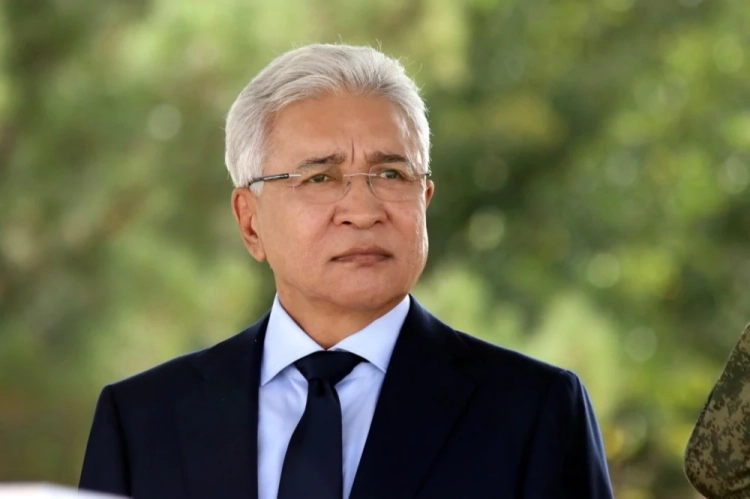
Tasmagambetov highly praised Kyrgyzstan's chairmanship in the CSTO
In an exclusive interview with the news agency RIA Novosti, Imangali Tasmagambetov, the Secretary...
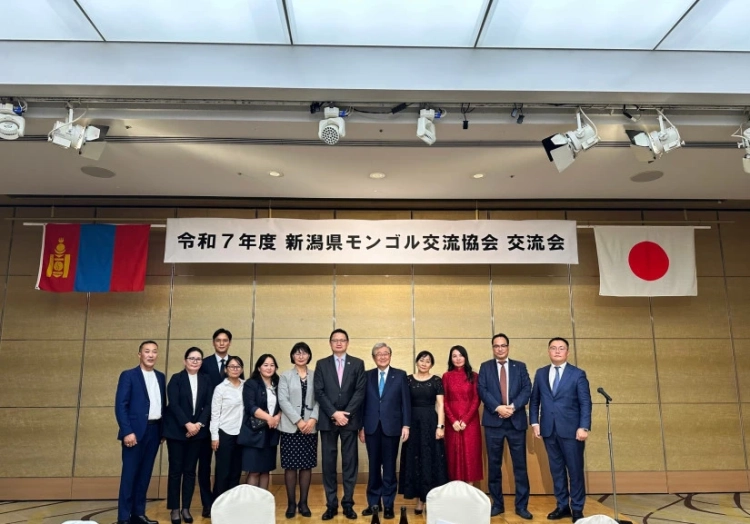
The Ambassador of Mongolia urged Japan's Niigata Prefecture to cooperate with the aimags of the Central Region.
The Ambassador Bayarsaihan emphasized the importance of a long-term development strategy for...

The Tourism Forum gathered about 1500 delegates from 158 countries around the world, including Kyrgyzstan.
Kyrgyzstan was cited as an example at the global tourism forum in Russia The prospects for...
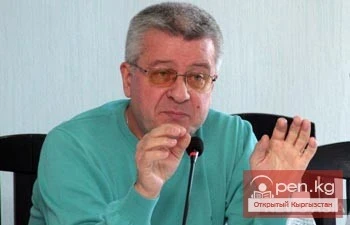
More than $5.5 billion: Russia provided assistance to Central Asian countries
After the denunciation of agreements on the construction of hydropower plants in Kyrgyzstan by...
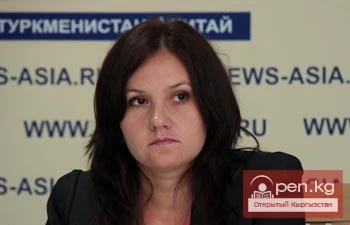
Tour of Central Asian Countries: A New "American-Japanese Approach" to the Region
Central Asia has once again found itself in the spotlight of leading regional and non-regional...
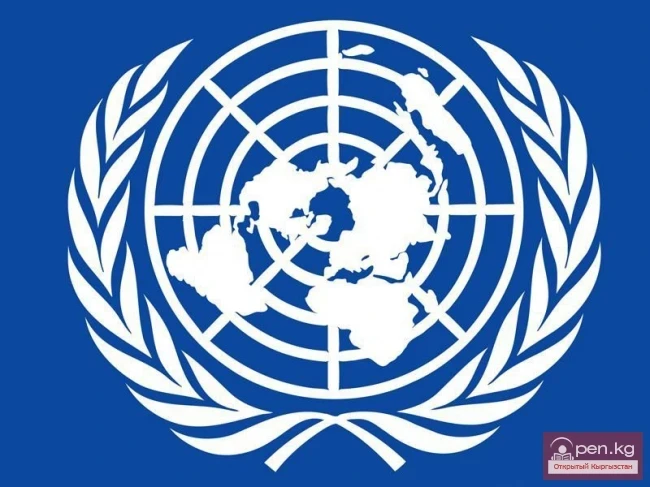
Kyrgyzstan — UN
Kyrgyzstan became a member of the United Nations on March 2, 1992. The UN Permanent Mission in...
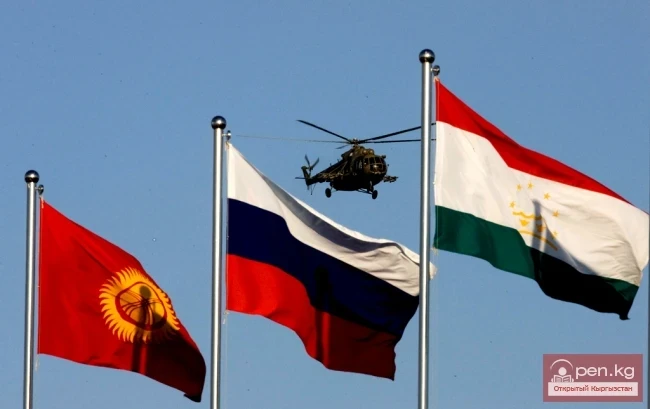
Kyrgyzstan — Central Asia
Kyrgyzstan borders Kazakhstan, Uzbekistan, and Tajikistan — friendly states that are close in...
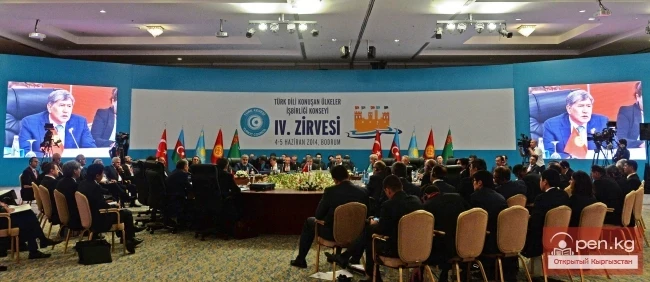
A. Atambaev's Speech at the Summit of the Cooperation Council of Turkic-Speaking States.
The summit of the Cooperation Council of Turkic-speaking States was a demonstration of the unity...
The Main Internal Affairs Directorate of Bishkek is investigating the case of a four-year-old girl’s death after surgery.
An investigation has been launched in Bishkek in connection with the death of a four-year-old girl...

The project of Kyrgyz-Japanese partnership for the collection and storage of archaeological artifacts from Central Asia is coming to an end.
This year marks the conclusion of the cooperation project between Japan and Kyrgyzstan for the...

Forecast Expectations for the Factors of the Strategic Matrix of Kyrgyzstan from 2005 to 2020
The main strategies that the leadership of Kyrgyzstan can implement during the forecast period...
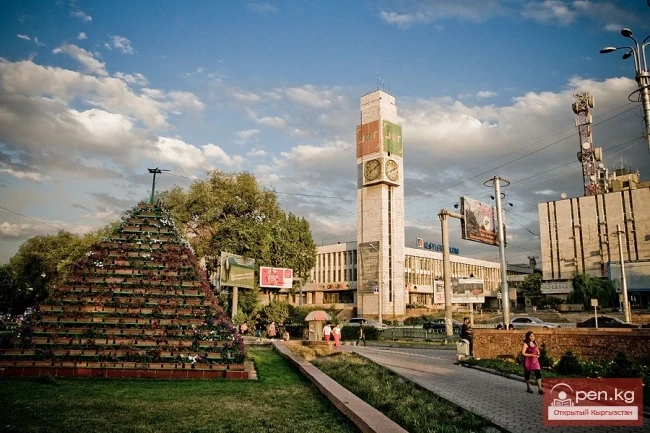
The mayor announced a competition for development projects for Bishkek until 2040.
An open competition has been announced for the project concept of the development model of Bishkek...
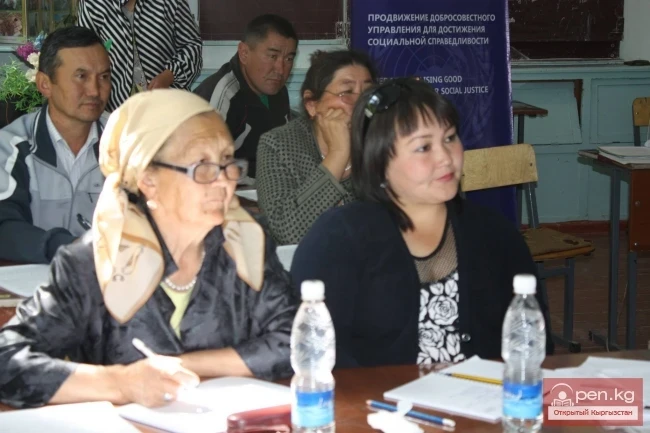
Promotion of Good Governance for Achieving Social Justice
As part of the project "Promotion of Good Governance for Achieving Social Justice," a...
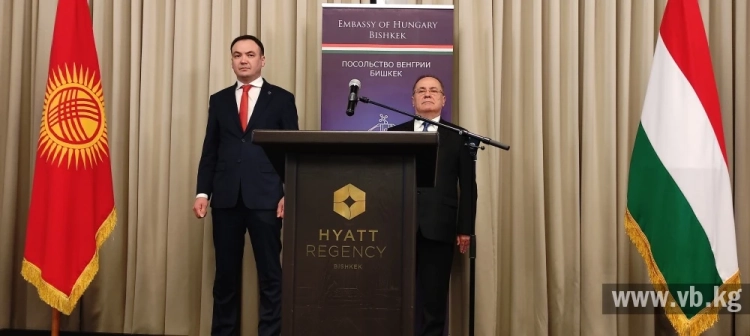
Ambassador of Hungary: Our countries are connected by common roots and nomadic traditions
Today, October 23, the Hungarian nation celebrates its National Day. On the eve of this event, the...

UN Exhibition in Kyrgyzstan "My Kyrgyzstan: How I See It"
From October 17 to 31, the UN is HOLDING AN EXHIBITION IN BISHKEK, THE FORMAT OF WHICH IS UNIQUE...

The Governor of Saint Petersburg and the Mayor of Bishkek Discussed Prospects for Cooperation
Governor Georgy Poltavchenko met with the Mayor of Bishkek, Kubanychbek Kulmatov, at Smolny. His...
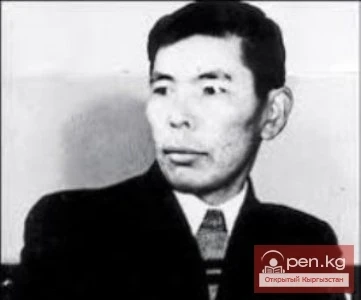
A book and illustration exhibition dedicated to the 100th anniversary of A. Osmonov will open in Bishkek.
On March 20, a book and illustration exhibition titled “Let’s not forget, friends, may this...

Preschool Education
Since 1998, the reduction in the number of preschool institutions has been halted, and a...
In Bishkek, the readiness of services for emergencies is being checked
The exercises will last until October 24...

A Social Project in the Field of Education with the Participation of Student Volunteers is Being Implemented in Bishkek
Eight foreign interns will conduct human rights training for students and schoolchildren in...
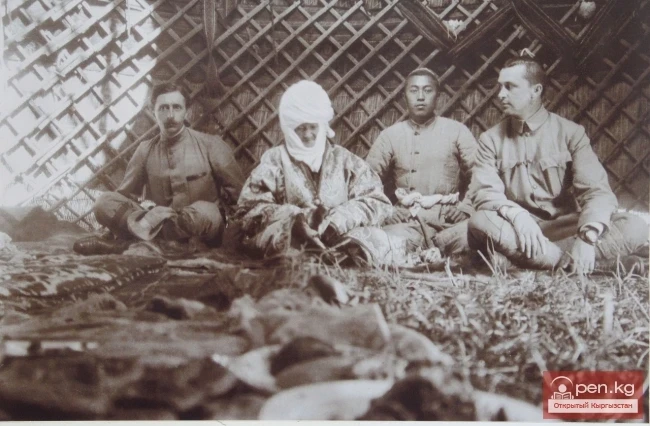
Foreign Policy of the Kyrgyz in the 18th - Early 20th Century
During the period in question, Kyrgyzstan was unable to conduct any foreign policy. However,...
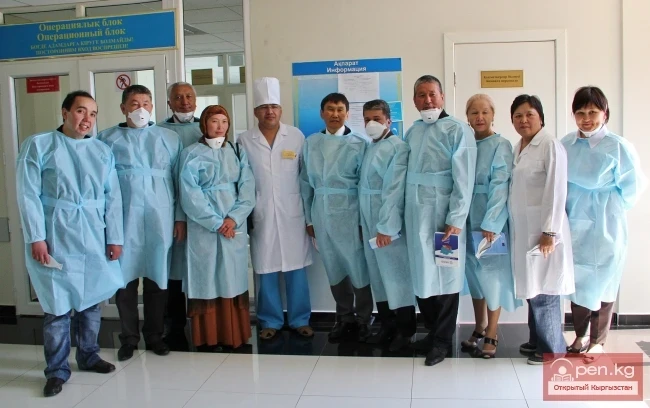
The First Training Course on Quality Management
From October 27 to November 1, 2014 (conference hall of the Republican Scientific Library of the...
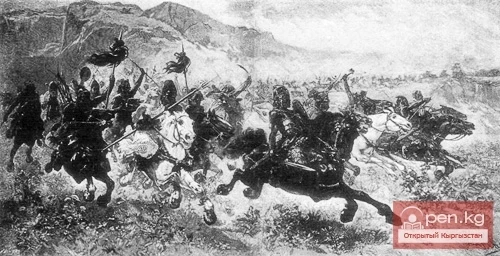
Military Forces of the Kyrgyz in the 18th - Early 20th Century
Since the Kyrgyz did not have their own state formation during the period in question, there is no...

Russia will support all countries that request assistance in the fight against ISIS.
Russia does not plan to send troops to Syria to fight ISIS; however, such assistance may well be...
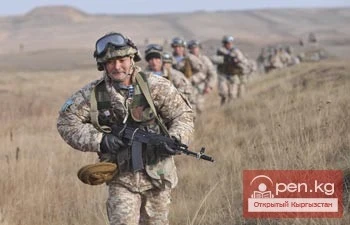
Andrey Kazantsev: "We Must Counter Terrorism, Forgetting About the 'New Great Game'"
More and more information is appearing in the media about the fact that due to Russian military...
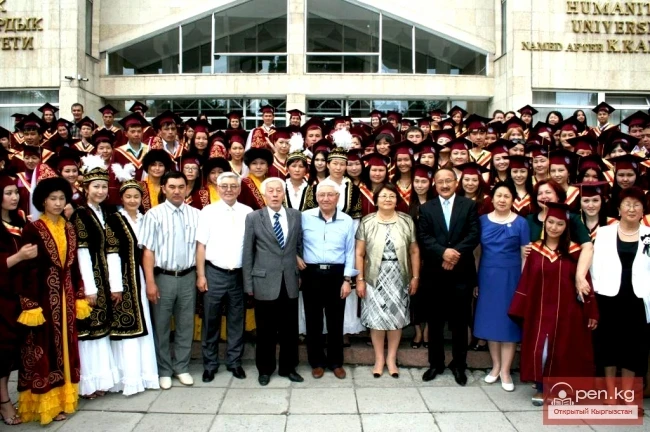
The Structure of Education in Kyrgyzstan
The structure of education in Kyrgyzstan encompasses eight official levels, approved by the Law of...

A 3D Painting Show-Exhibition titled "The Main Character" will Open in Bishkek
A show-exhibition of 3D paintings titled 'The Main Character' will open at the Frunze...
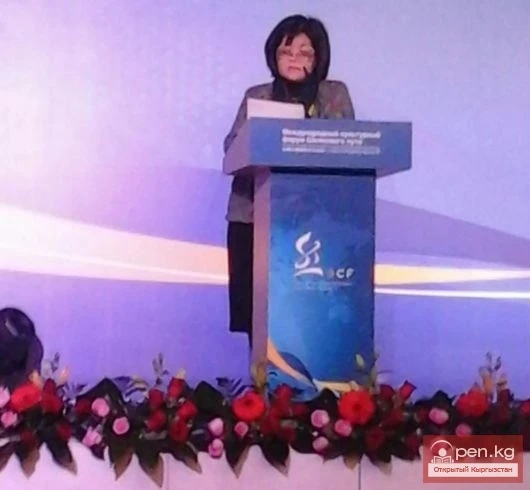
The International Silk Road Cultural Forum has concluded its work.
The Kyrgyz cultural project Silk Road Fest has unofficially been recognized as the best and has...
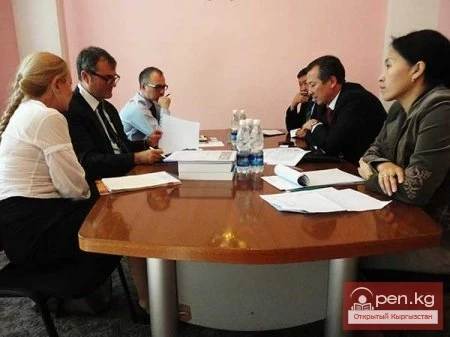
The Ombudsman of the Kyrgyz Republic Baktybek Amanbaev met with the representative of the UN High Commissioner for Refugees Johanno P. Siffoant.
Press service of the Ombudsman of the Kyrgyz Republic // On September 29, Ombudsman of the Kyrgyz...

Kyrgyzstan Wants to Open Flights to the Emirates from Bishkek and Osh
Currently, there is only one direct flight to the United Arab Emirates on the route Bishkek —...

Key Indicators of Higher Education Reform and Their Effectiveness Over 15 Years
Today, the issues of accessibility and quality of education are at the heart of educational...
